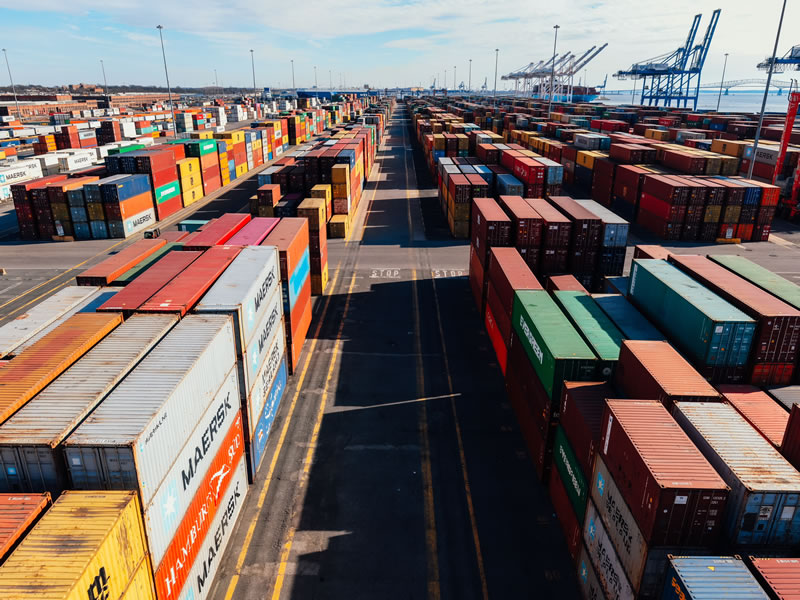
Compliance in a cross-border operation starts in the country where the payment is processed. That is a relevant factor for the Brazilian Tax Code.
Before the advent of e-commerce, there were only two ways to make an international purchase, both of which requiring an international credit card.
Either the consumer was on a trip, and in the visited country he made a purchase; or via telephone, he bought from a reliable retail store, sending his credit card number to the foreign establishment, which in turn, had what they called a “signature in file”. In this way, the credit card was processed in an international acquirer and not in Brazil.
As the financial value of the purchase migrated directly to a company abroad, only the importer consumer was responsible for the operation, as well as for the imported goods.
Currently, international marketplaces use solutions from Brazilian financial institutions to process credit cards or bank slips, that is, regardless of the payment method used, payment processing takes place in Brazil, even though it is a marketplace that does not have a company in Brazil, and the financial value of the sales operation is sent abroad, to the marketplace banking account, which will be later sent to the seller.
Cross-border as a Compliance Operation:
This fact of where the payment is processed is a change from the old model (before cross-border) that has really severe tax consequences to the Central Bank of Brazil, which controls and regulates remittances of foreign currency abroad.
If cultural or economic customs change and the law does not, the interpretation of the law must change, or we will have socioeconomic stagnation.
Since 2012, when EBANX was founded, Brazilian banks, as well as the Brazilian Central Bank, only recognized the Formal Import Model as a generator of remittance of foreign currency abroad, i.e., the Brazilian
Importer presented the exporter’s invoice and the Import Declaration, proving the legality of the operation, and then sent the payment, in foreign currency to their supplier abroad.
No wonder the astonishment of the Brazilian Central Bank when the first financial operations of international marketplaces began to gain volume, and thousands of remittances of small amounts that did not exceed USD 50.00 began to appear in their system. The importer became the consumer, and not a traditional import company. And even worse, the financial entity responsible for the operation did not present the traditional documentation required by the Formal Import operation, but acted within the Law that allows Brazilian consumers to consume products from abroad.
The founders of EBANX were extremely brave to act in an area where the Brazilian Federal Revenue Laws were not ready for such kind of international transactions, and even today (2022) they are adapting to crossborder operations.
In 2020, this promising, new and fearless fin-tech had the great challenge of showing the legality of its operation, and fortunately the Brazilian Central Bank had the wisdom to understand that a new form of commercial transaction between two countries was present.
Every disruptive model is the union of two or more traditional models that interact with each other, through an existing or new technology.
Specifically in Brazil, cross-border is the union of e-commerce with international trade, adapting laws and their respective interpretations from both the Brazilian Federal Revenue and the Brazilian Central Bank, bringing challenges to the Courts and Judges that will evaluate this new modality of international trade.
